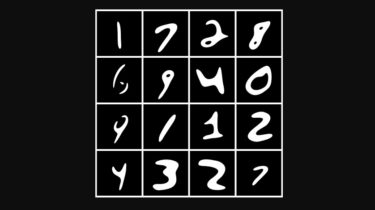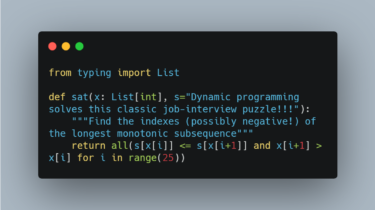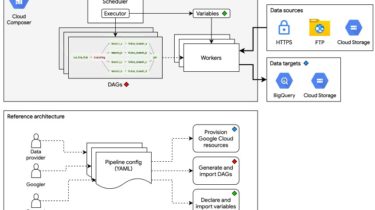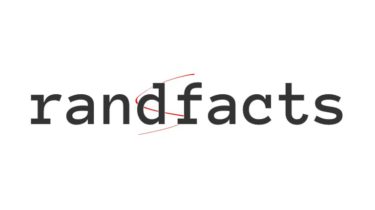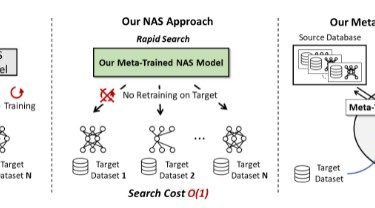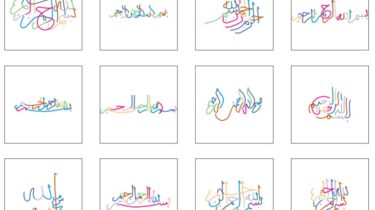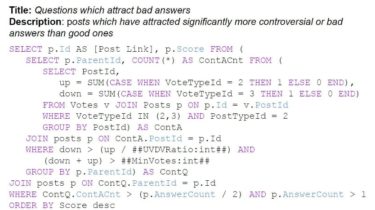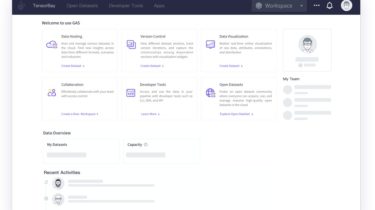A work-in-progress vector version of the MNIST dataset
bezier-mnist This is a work-in-progress vector version of the MNIST dataset. Here are some samples from the training set. Note that, while these are rasterized, the underlying images can be rendered at any resolution because they are smooth vector graphics.  I have already converted all of MNIST to Bezier curves. This dataset can be downloaded at this page. There are two files: train.zip and test.zip, each containing a separate json file for each […]
Read more